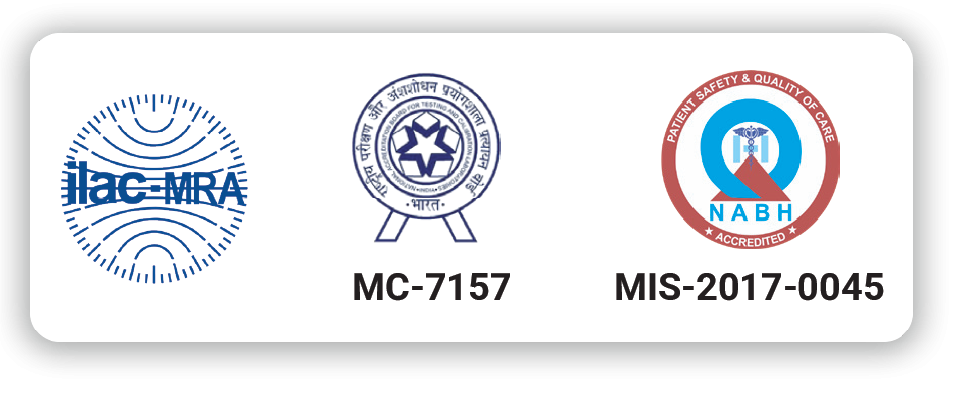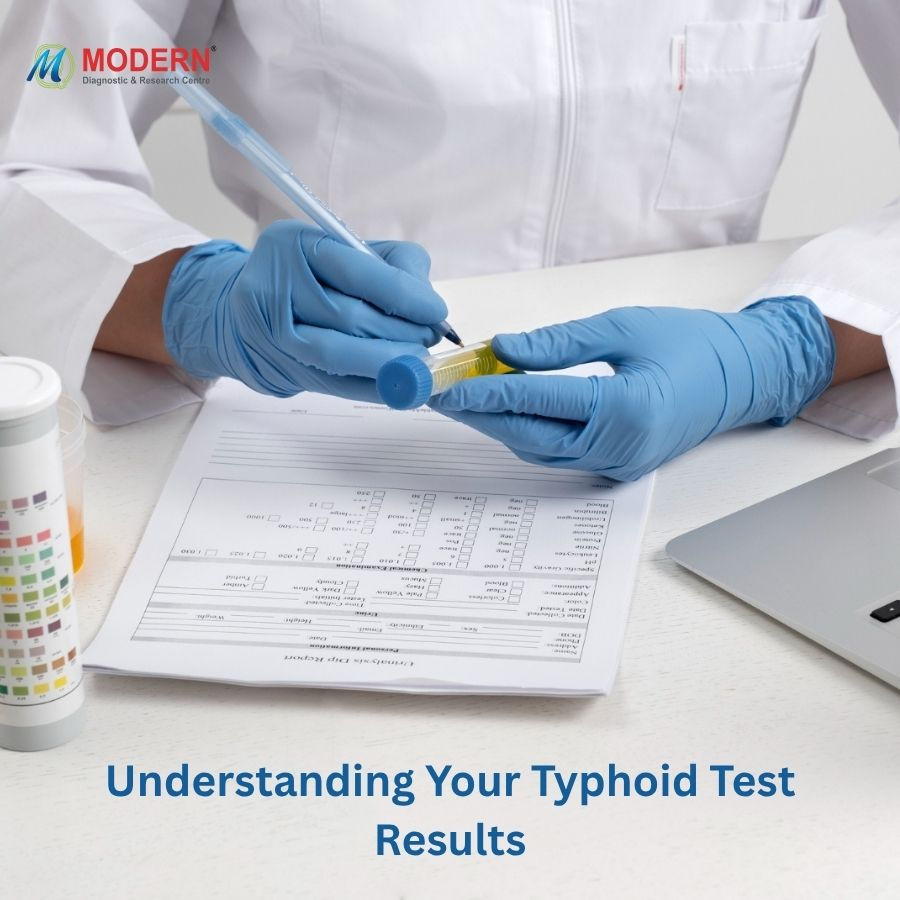NIPT stands for noninvasive prenatal testing. This test is performed during pregnancy to check and evaluate the risk of having a chromosomal disorder, such as trisomy 18 (Edward syndrome), trisomy 13 (Patau syndrome), and trisomy 21 (Down syndrome). In other countries, this test is also used to determine the sex of the baby (which is illegal in India). NIPT is performed by collecting the blood sample, which also contains the DNA fragments from the fetus. These DNA fragments give a glimpse into the fetus’s genetic makeup. This DNA is also responsible for making up a person’s genes and chromosomes. The blood sample for the NIPT test is sent to the lab for analysis of congenital disorders, but NIPT cannot screen for all genetic or chromosomal conditions.
The NIPT test only estimates the chances of the fetus having a particular condition or abnormality; it doesn’t diagnose or confirm the condition. Your doctor will inform you about the genetic testing and help you make a choice about your options. NIPT is an optional test and depends on your healthcare provider or your condition. NIPT is also popular with some other names, such as cell-free DNA screening or noninvasive prenatal screening.
Importance of NIPT test and its screening in Gurgaon -
A noninvasive prenatal test is used to determine the well-being of the fetus and check whether fetus has any chance of being born with any chromosomal disorders.
NIPT is usually recommended if -
• Baby has any chromosomal abnormality.
• Previous ultrasound shows the fetus may have an abnormality.
• An earlier screening test suggests any complications and a potential problem.
Earlier in the day, NIPT was recommended to women considered high-risk of potential problem but now, NIPT is suggested to every pregnant woman regardless of potential risks. As we discussed earlier, NIPT doesn’t diagnose the problems. Therefore, based on NIPT reports, healthcare providers may suggest some extra diagnostic tests to confirm the complication or disorder.
The NIPT test can be performed as early as 10 weeks of pregnancy. There is not enough fetal DNA in a woman’s blood before 10 weeks of pregnancy.
What does NIPT test screen for?
NIPT test does cover chromosomal disorders, but it does not test for all the chromosomal disorders at the time of birth. NIPT usually tests for the following disorders -
• Trisomy 18
• Trisomy 13
• Trisomy 21 (Down syndrome)
• Disorders affecting the sex (X and Y) chromosomes
Not all NIPT tests evaluate for the same conditions. Therefore, it is important to discuss with your doctor prior to the test about what your NIPT is screening for. An extra chromosome can cause Down syndrome (trisomy 21), trisomy 13, and trisomy 18. Screening of the sex chromosome can also help predict the sex of the fetus, but it cannot be disclosed to anyone according to the law in India. Screening of sex chromosome checks for the conditions, like Klinefelter syndrome, triple X syndrome, Turner syndrome, and XYY syndrome.
Accuracy of NIPT test in Gurgaon -
An accuracy of the NIPT test depends on the conditions it is looking for. For example, NIPT reports are 99% accurate in detecting Down syndrome and slightly less accurate for the detection of trisomy 13 and trisomy 18. NIPT is more accurate than the other screen tests, such as quad screen.
How do doctors perform a NIPT test?
All of your cells contain DNA, which is constantly dividing and creating new cells. During this process, tiny DNA fragments are released into your bloodstream. There is a small amount of the fetus’s DNA circulating in the mother’s body. NIPT looks at these DNA fragments in your blood called cell-free DNA.
Your healthcare provider takes a blood sample through a vein in your arm. They send the sample to the lab for further analysis. It is important to note that it takes 10 weeks for enough fetal DNA to circulate in your blood. Therefore, the NIPT test isn’t performed before the 10 weeks of pregnancy. NIPT is a safe test, and there’s no risk to the fetus.

















